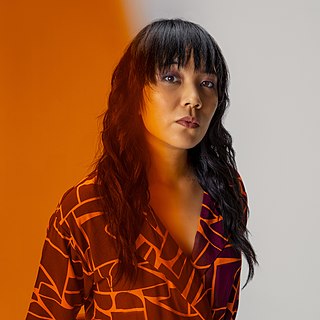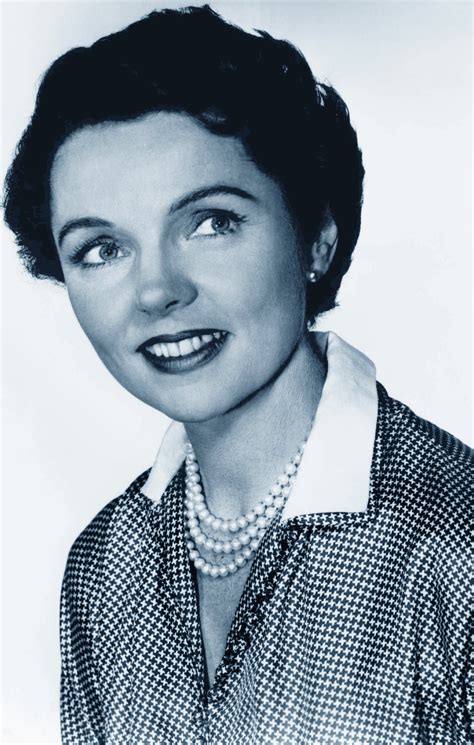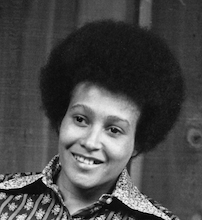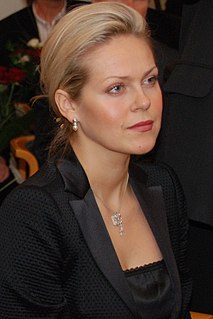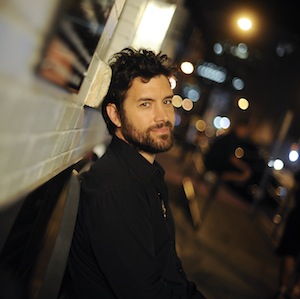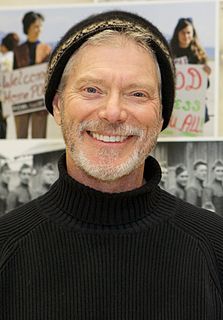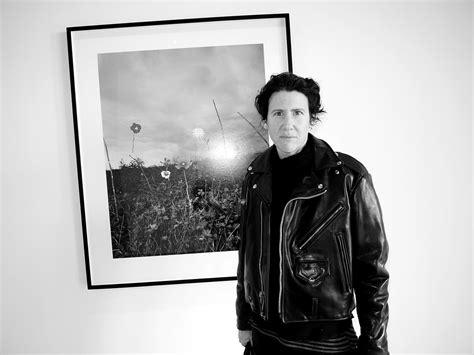A Quote by Thao Nguyen
If you're a woman musician, that is your qualifier. I've had people come up to me and say, "You're good for a girl." My only issue is, when that stereotype and stigma already exists, sometimes it's perpetuated by people who may not really play guitar. You somehow need to transcend that division of gender.
Related Quotes
I can't imagine where I'd be without the opportunities provided to me in sports. Sports taught me that gender isn't an issue; in fact, when people talk about me being the first female governor, I'm a little absent from that discussion, because I've never thought of gender as an issue. In sports, you learn self-discipline, healthy competition, to be gracious in victory and defeat, and the importance of being part of a team and understanding what part you play on that team. You all work together to reach a goal, and I think all of those factors come into play in my role as governor.
I learned that as a director, you're around all these talented people, so you have this window that all these really good ideas can come in to help your movie, so you're crazy to close them. You need to be inspiring people, engaging people. There are lots of people who are really good at their jobs but might not know or feel like they want to come up to people and get them to participate and want to do their best.
When you get in the middle of a career and you're successful, people come and offer you things. My biggest fear was that if you try to do something else and you're trying to build your music career, and then you say, "I'm going to go do a movie," and you're terrible, you can really hurt your music career because as a musician, the goal is to be cool. You're playing the guitar and you're in front of all these people and your vibe is to be as cool as you can possibly be.
Sometimes directors come to me when I have to play some horrible thing, scary or hysterical or crying; they ask, 'Did you study somewhere to be an actress?' No, this is life. That's why I think I don't want to say you need a really bad experience to be a good artist, but bad experiences in your life say something.
It seems to me to be kind of inescapable that one has to be interested in the issue of gender and gender equality. I don?t really expect any credit for going in that direction. It?s the only natural direction to go in. Why is it that some people don?t see that as so patently obvious as it should be?
My dad's a musician, and he taught me how to play when I was three, I think, so I've been playing ever since. It's something I've always done. And when you're really young, and you play music for people, people get really excited, so you get this inner sense that you are good at it, even though I've always been really not good at it.
In those days, in 80th, people were really hungry for information - and, somehow, I had pretty good access because I had friends in London, New York, Los Angeles, everywhere. I'd been visiting many places and talking with people, so I had a constant flow of new info. I sometimes did articles for magazines and things, and people started to say, "If you want to know what's going on, ask Hiroshi." So that was the beginning with Goodenough.
Having a boy play a girl (and when I say 'play a girl' I don't mean that he is represented as a girl, because he is represented as a young man) is complicated. He knows he's looking at photographs of a girl and copying those poses. So the audience sees him as a man, but he can only see himself as a woman, because that's the model he's looking at. It was a really interesting exchange.
